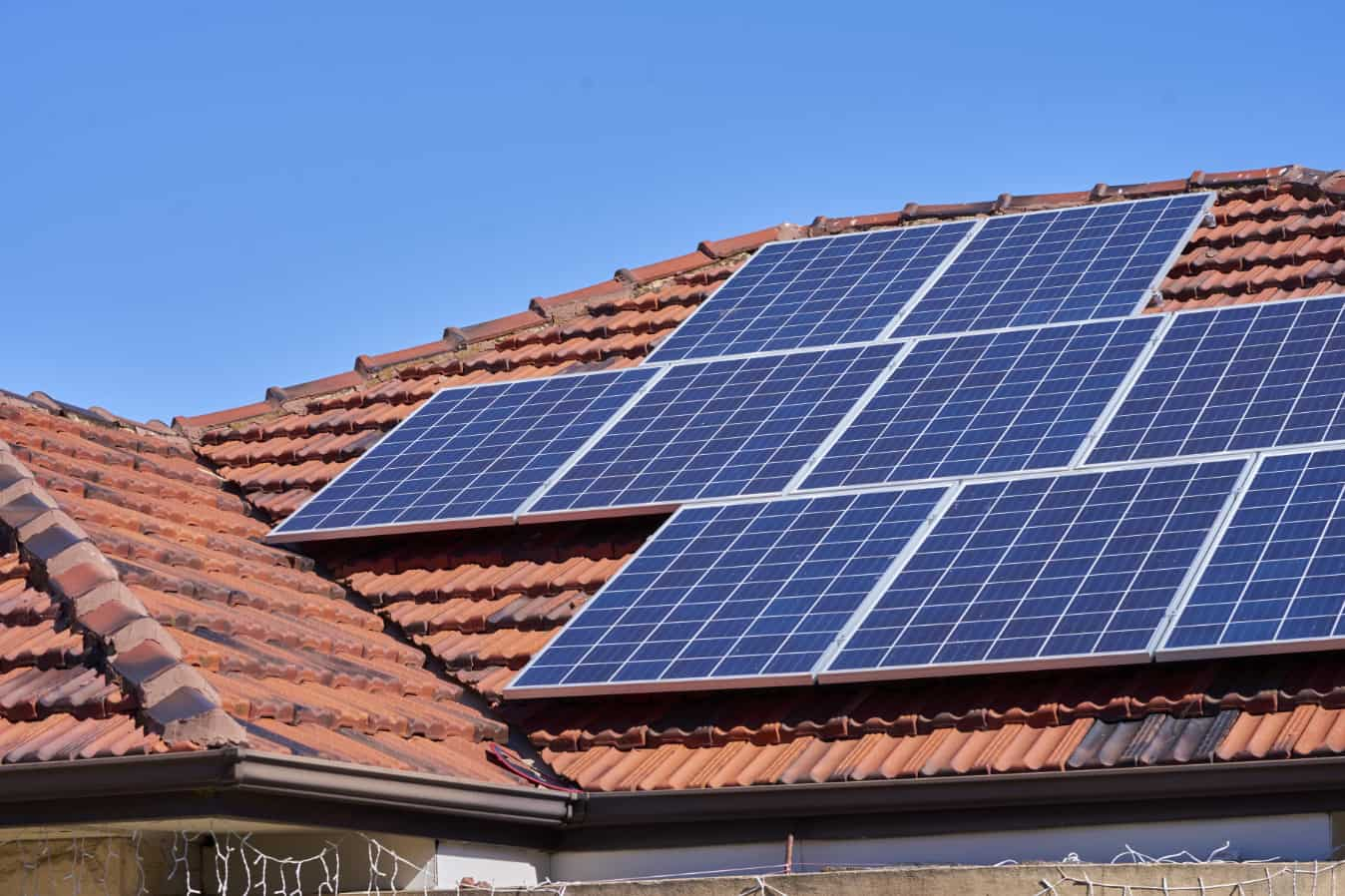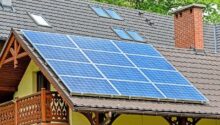Solar energy is everywhere these days—from rooftops in sunny suburbs to homes even in cooler climates like Seattle. It’s not just for the eco-conscious anymore. It’s a practical solution for anyone looking to cut electricity bills and reduce their carbon footprint.
But let’s be real: installing solar panels isn’t cheap, and there’s a lot to consider before jumping in. So, is solar power the right choice for you? Let’s break it down.

The Sunny Side: Key Advantages of Solar Power
A Reliable Technology That’s Here to Stay
Solar panels aren’t some newfangled invention. They’ve been around since the 1950s, and today’s versions are more advanced than ever—more efficient, durable, and affordable. Just look at the numbers: the U.S. has over 47.1 gigawatts of installed solar capacity. That’s proof it works!
Works in All Climates (Yes, Even Cloudy Ones)
Think solar panels are only for sunny states like California? Think again. They work in colder, cloudier places too. Homes in places like Seattle can still benefit, as modern solar systems can capture light even on overcast days. You might need a slightly bigger setup, but it’s doable.
It’s More Affordable Than You Think
Here’s the good news: solar panel installation costs have dropped by over 40% over the past decade. Plus, there’s a 30% federal tax credit that slashes your upfront costs significantly.
Some states even offer rebates and incentives to make the switch more appealing. Don’t forget about financing options—many providers offer leasing or loan programs that let you go solar with little to no money down.
Durability: Solar Panels That Last for Decades
Investing in solar panels isn’t a short-term thing. High-quality systems can last up to 40 years, with minimal maintenance. They’re built to handle harsh weather, from hailstorms to snow. Once they’re up, they keep working silently in the background, saving you money year after year.
Adds Value to Your Home
Did you know homes with solar panels sell for more? On average, they go for about 4.1% higher than similar homes without them. That’s an extra $15,000 added to your property’s value, according to the U.S. Department of Energy. If you’re planning to sell your house someday, this is a major perk.
Good for the Planet
Solar energy is clean and renewable, which means you’re helping to reduce carbon emissions and reliance on fossil fuels. And if your system produces more energy than you use, many areas let you send it back to the grid, earning credits on your electricity bill.

The Cloudy Side: Challenges of Solar Power
What Happens at Night?
Solar panels don’t work when the sun goes down. It’s that simple. You’ll still need electricity from the grid or a backup battery system to power your home after dark. While batteries are getting more affordable, they’re still a big investment upfront.
Not Everyone Loves How They Look
In the past, solar panels were often bulky and visually unappealing. Today, manufacturers have made sleeker designs that blend better with rooftops. You can even choose panels with colors that match your roof, making them less noticeable.
Your Roof Might Not Be Ideal
If your roof is shaded by trees, oddly shaped, or faces the wrong direction, it might not generate enough energy to be worth the cost. A professional consultation can help determine if your home is solar-friendly or if ground-mounted panels are a better option.
The Environmental Impact of Solar Panel Manufacturing
It’s true—manufacturing solar panels involves energy and chemicals, which have their own environmental footprint. But don’t let this scare you off. The overall benefits of solar energy far outweigh the negatives, and companies are working on greener production methods every year.
Beware of Cheap Panels
Not all solar panels are created equal. Low-cost options may look appealing, but they often come with poor efficiency and shorter lifespans. Investing in reputable brands ensures you get a system that performs well and lasts for decades.
Is Solar Power Worth It for Your Home?
Things to Think About Before Going Solar
Before you decide, consider these factors:
- Location: How much sunlight does your area get?
- Roof suitability: Is your roof big enough, angled correctly, and not too shaded?
- Incentives: What rebates or tax credits are available where you live?
- Electricity usage: How much power do you use, and how much could you save?
The Bigger Picture
For most homeowners, the investment in solar power pays off in the long term. It lowers electricity bills, adds value to your home, and reduces your carbon footprint. Plus, with financing options and government incentives, it’s easier than ever to make the switch.
Conclusion: Solar Energy—A Bright Investment?
So, what’s the bottom line? Solar power has a lot going for it—long-term savings, environmental benefits, and even added home value. But it’s not perfect. If you have a suitable roof, access to incentives, and are okay with the upfront investment, it’s a smart move that pays off over time.
If you’re still on the fence, talk to a solar installer for a free consultation. They’ll help you figure out if solar is right for you. It could be one of the smartest choices for your home and the planet.
| Pros |
Cons |
|---|---|
| Reduces electricity bills | High initial installation cost |
| Eco-friendly and renewable | Weather and sunlight dependent |
| Low maintenance costs | Energy storage can be challenging |
| Increases property value | Limited efficiency in cold regions |
| Tax incentives and subsidies | Requires space for installation |


